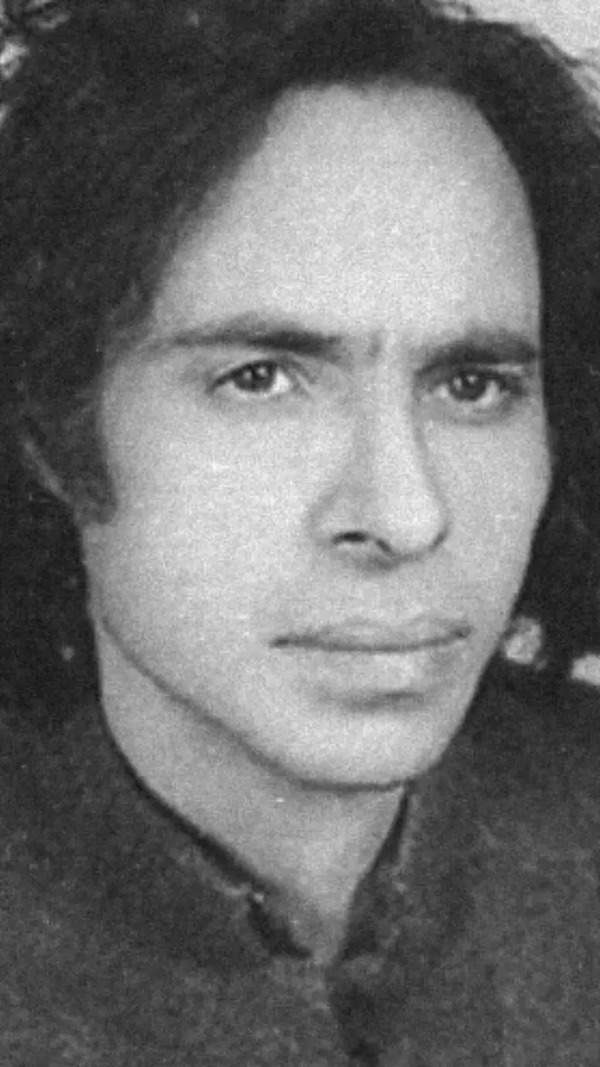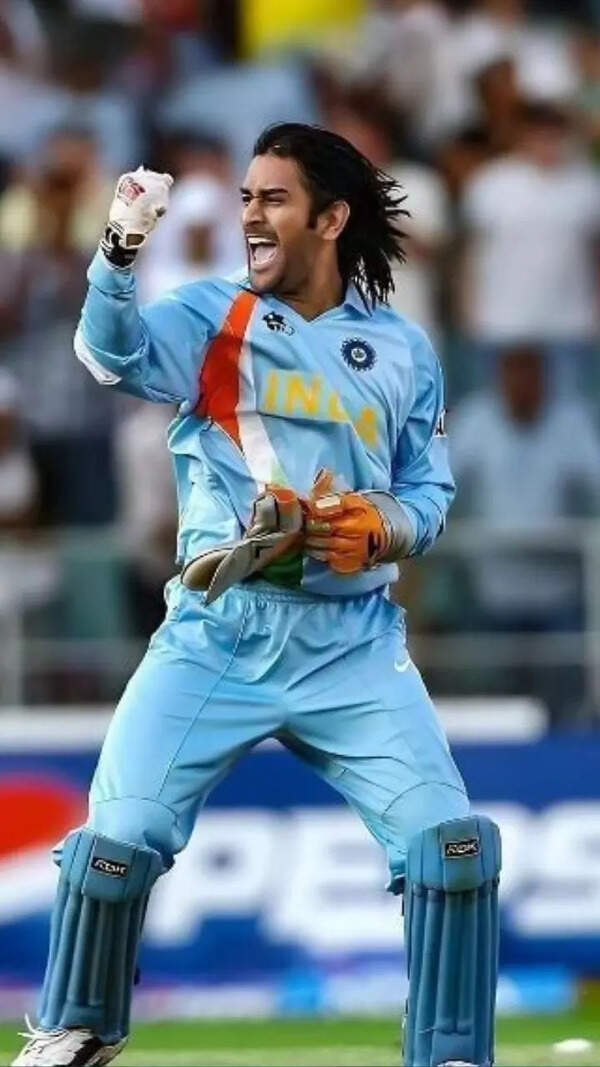- News
- India News
- CBSE's 2-Boards model draws mixed feedback, window shuts tomorrow
Trending
CBSE's 2-Boards model draws mixed feedback, window shuts tomorrow
NEW DELHI: CBSE's proposal to conduct class X board exams twice a year has drawn mixed reactions. It is learnt that while some hail it as “student-centric”, teachers, administrators and parents worry about execution, academic pressure and financial burden. CBSE has received extensive feedback, open till March 9.
According to CBSE sources, the feedback also indicates that many assume the reform will be extended to class XII board exams subsequently. Schools, teachers, parents and students have submitted their views individually and jointly.
Proponents argue the initiative offers flexibility and a chance to improve scores. "If a student underperforms in one exam, they can attempt the second to improve marks. Those failing specific subjects can reattempt or replace them," said a student from Podar International School, Bengaluru.
However, critics, according to a CBSE official, warn the system may increase stress.
Another major concern is the extended exam schedule from Feb to May. "This disrupts the academic calendar and shortens summer vacations. Teachers will have to evaluate papers twice,” said a school administrator.
Feedback highlights that the reform may affect the required 210 teaching days. "The two-phased exam stretches over four months, impacting teaching schedules and increasing logistical challenges," said a director of a private school chain in north India.
Financial concerns have also been flagged. Charging exam fees for both attempts could burden economically weaker section (EWS) students, limiting access to the second opportunity. "If a student opts for two attempts but later backs out, non-refundable fees mean financial loss," said a private school’s principal from Delhi. Some suggest fees should be charged only once, with an additional fee for a second attempt.
On the reform being extended to class XII, an educationist said, "If implemented, it will put pressure on students preparing for competitive exams like JEE, NEET, and CUET, which are scheduled between Jan and June."
Teachers and educators are also worried about increased workload and fear long-term consequences.
"CBSE takes three months for evaluations. Teachers assigned as evaluators spend long hours grading, reducing classroom time. The process remains mechanical, focusing on keywords over critical thinking," said a principal from a Kendriya Vidyalaya in Bhubaneswar. "Twice-yearly board exams would only amplify this burden."
A principal of a school in Mumbai said, "The pressure stifles teacher growth, as board marks define a school's reputation. Pre-board exams will also become relentless, with students facing continuous mock tests." The school has submitted feedback.
As CBSE reviews feedback, stakeholders hope concerns are addressed before finalising the decision. With the March 9 deadline approaching, debate over the feasibility and impact of the proposal continues.
End of Article
FOLLOW US ON SOCIAL MEDIA









